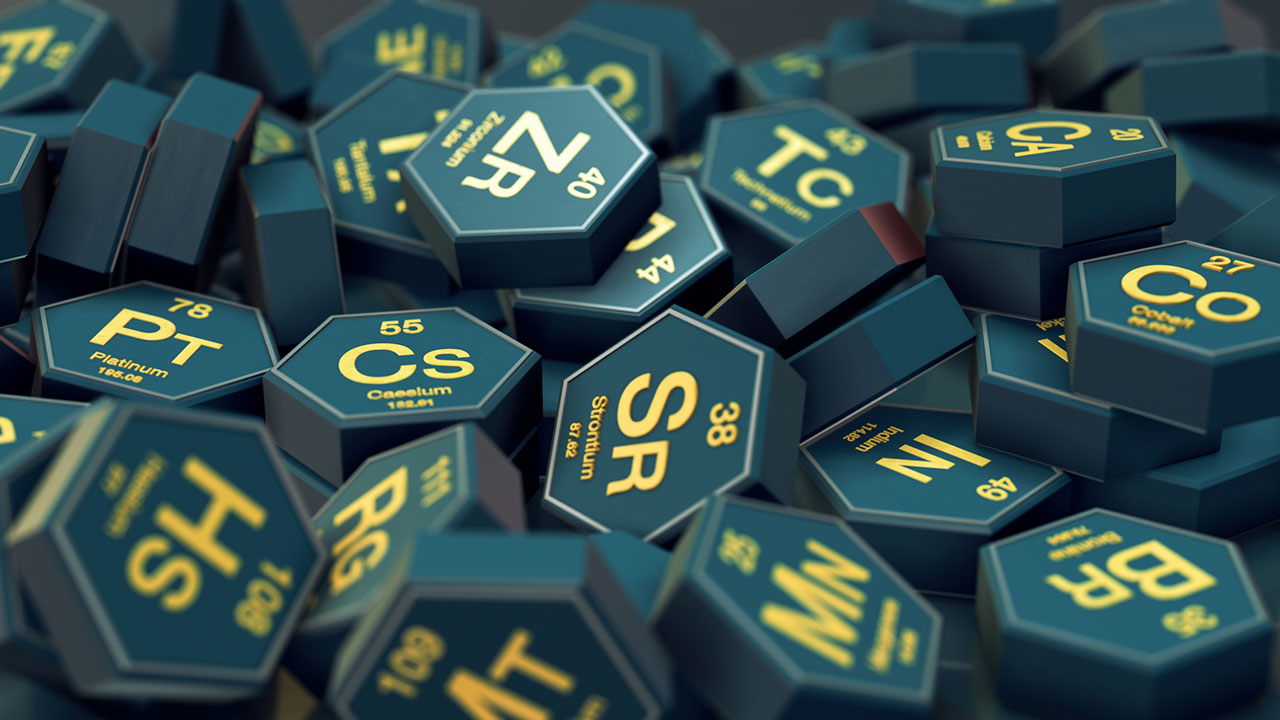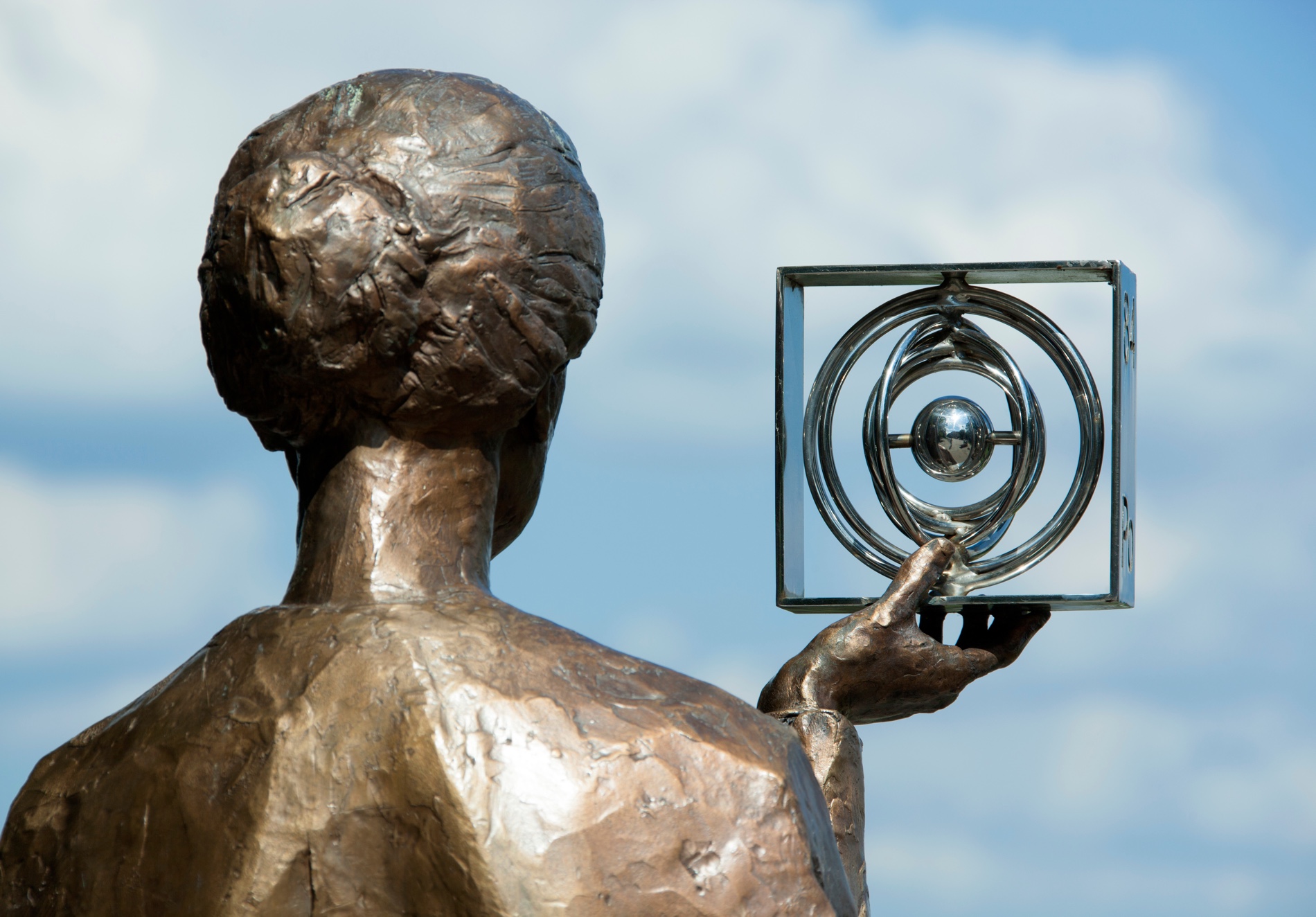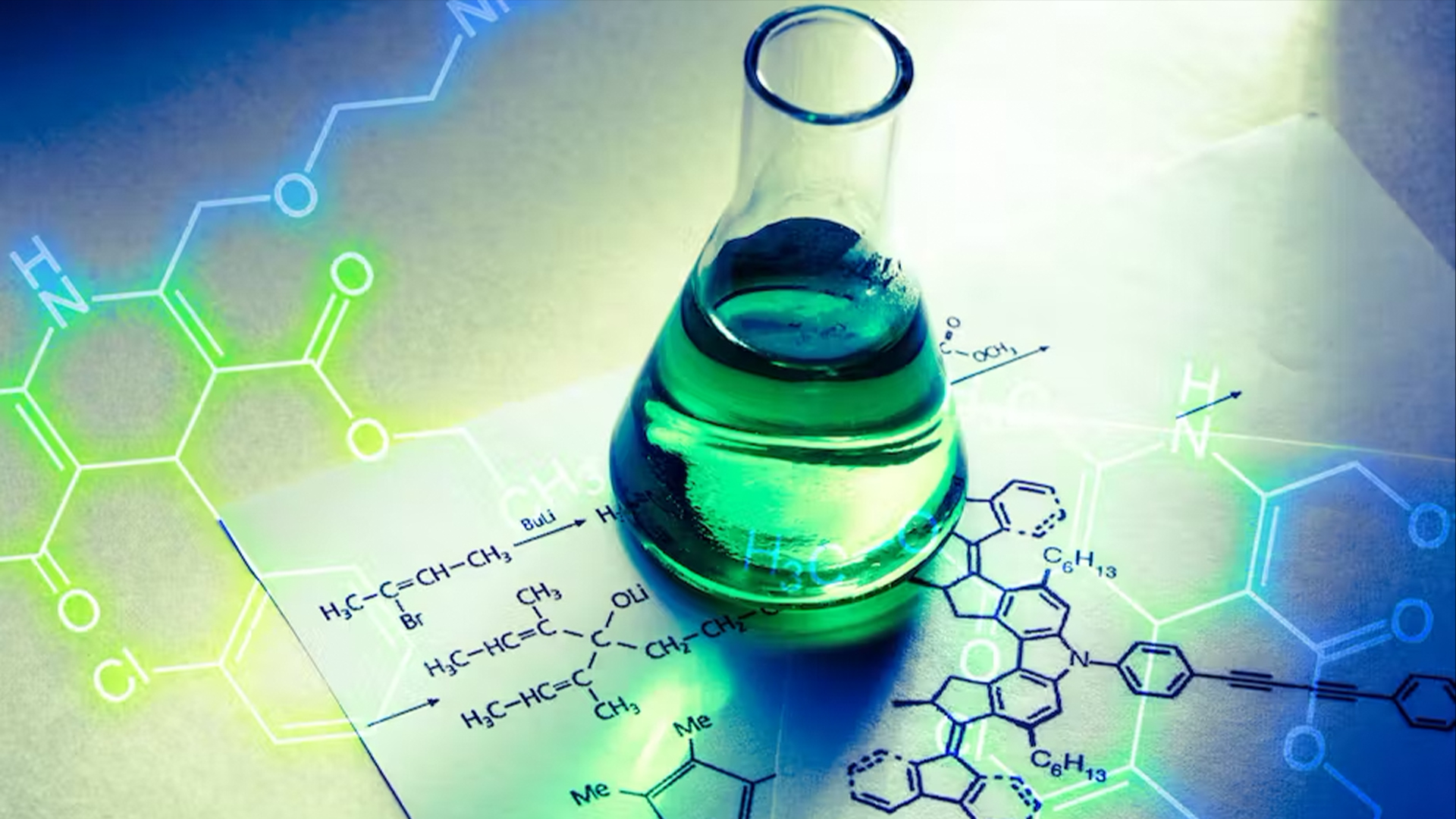Chemistry news, features and articles
Explore Chemistry
Editor's Picks
Latest about Chemistry
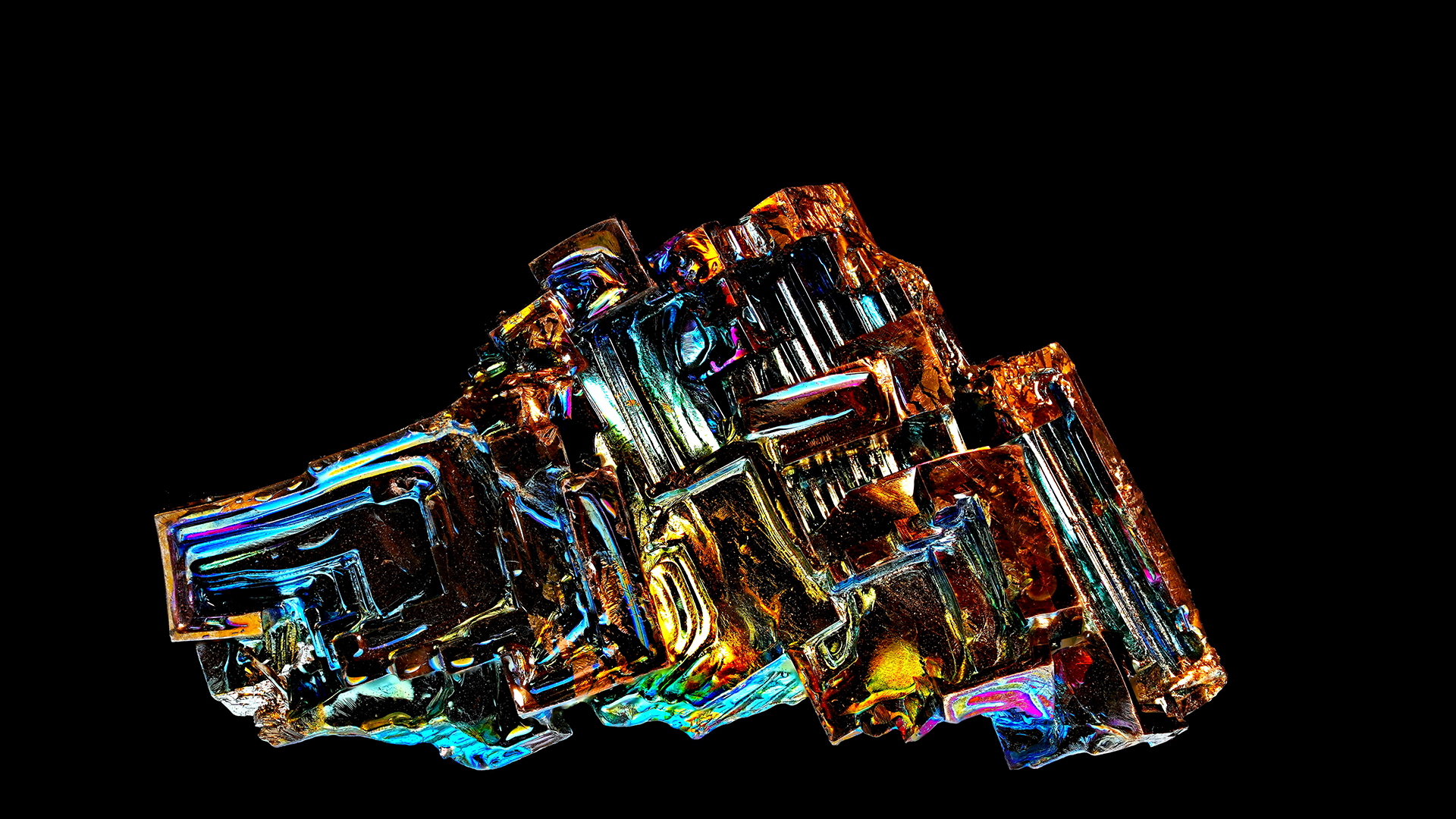
Bismuth is so strongly repelled from magnets, it levitates. How?
By Victoria Atkinson published
The element bismuth can "float" between magnets due to magnetic levitation. What's the science behind this phenomenon?
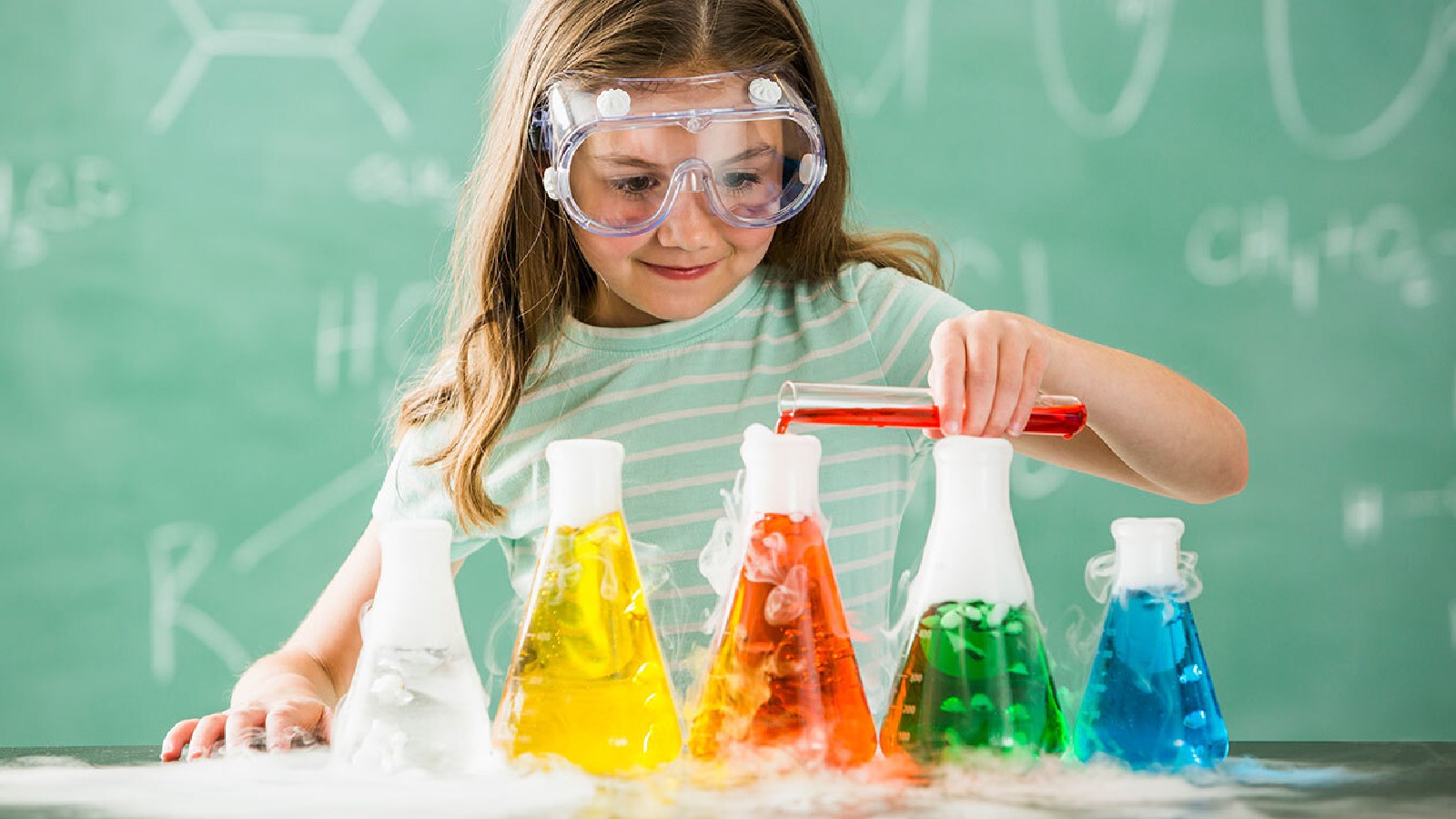
Best chemistry sets: amazing at-home chemistry sets for kids and adults
By Jake Green last updated
Get the reaction you're looking for with the best chemistry sets for kids and adults.

Can static electricity cause a fire?
By Charles Q. Choi published
It's commonplace to get a jolt from static electricity. But does it have enough electrical charge to start a fire?
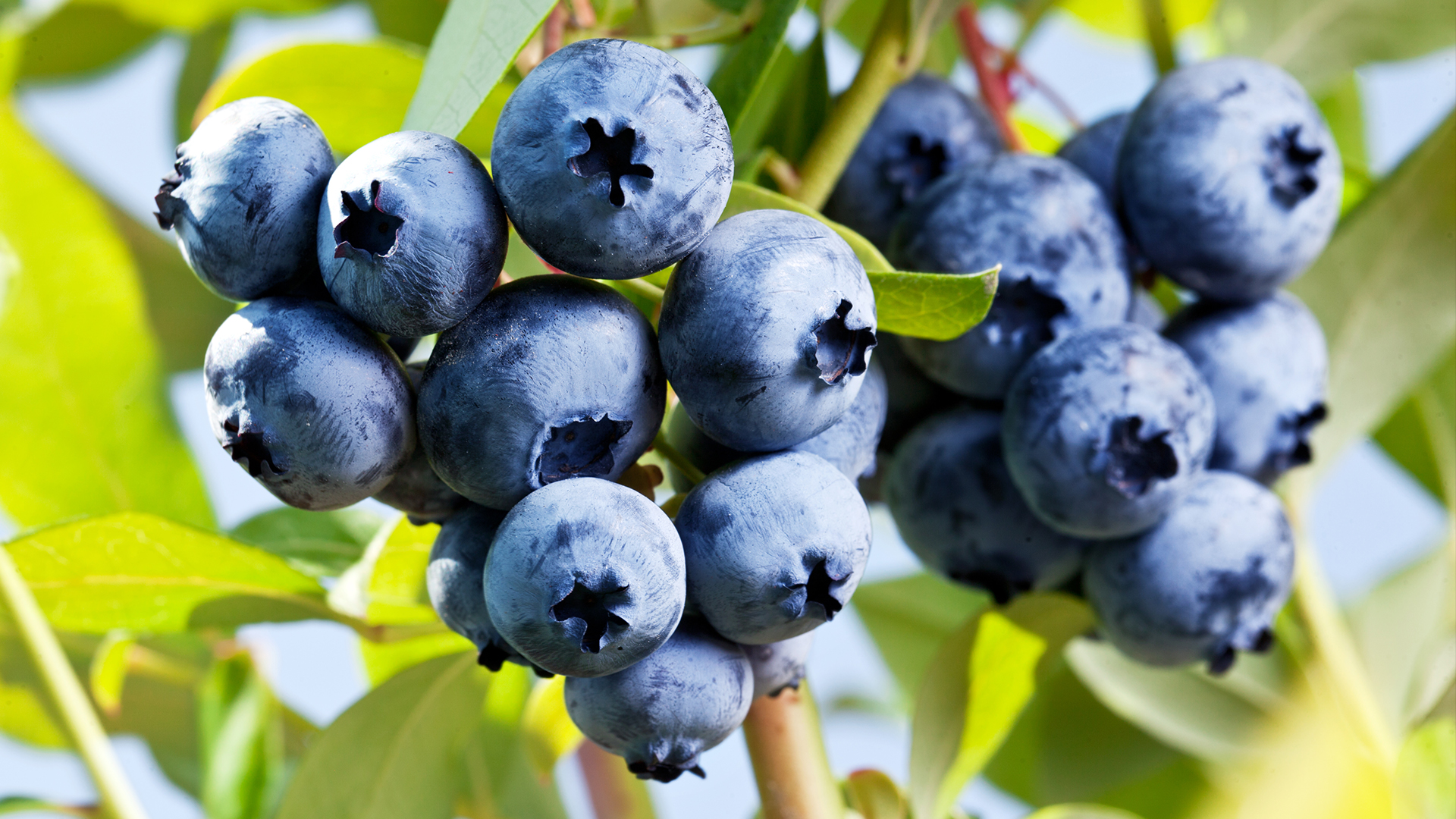
Why are blueberries blue?
By Victoria Atkinson published
We finally understand why blueberries are blue — and the secret lies not in the flesh or skin, but the waxy coating around it.
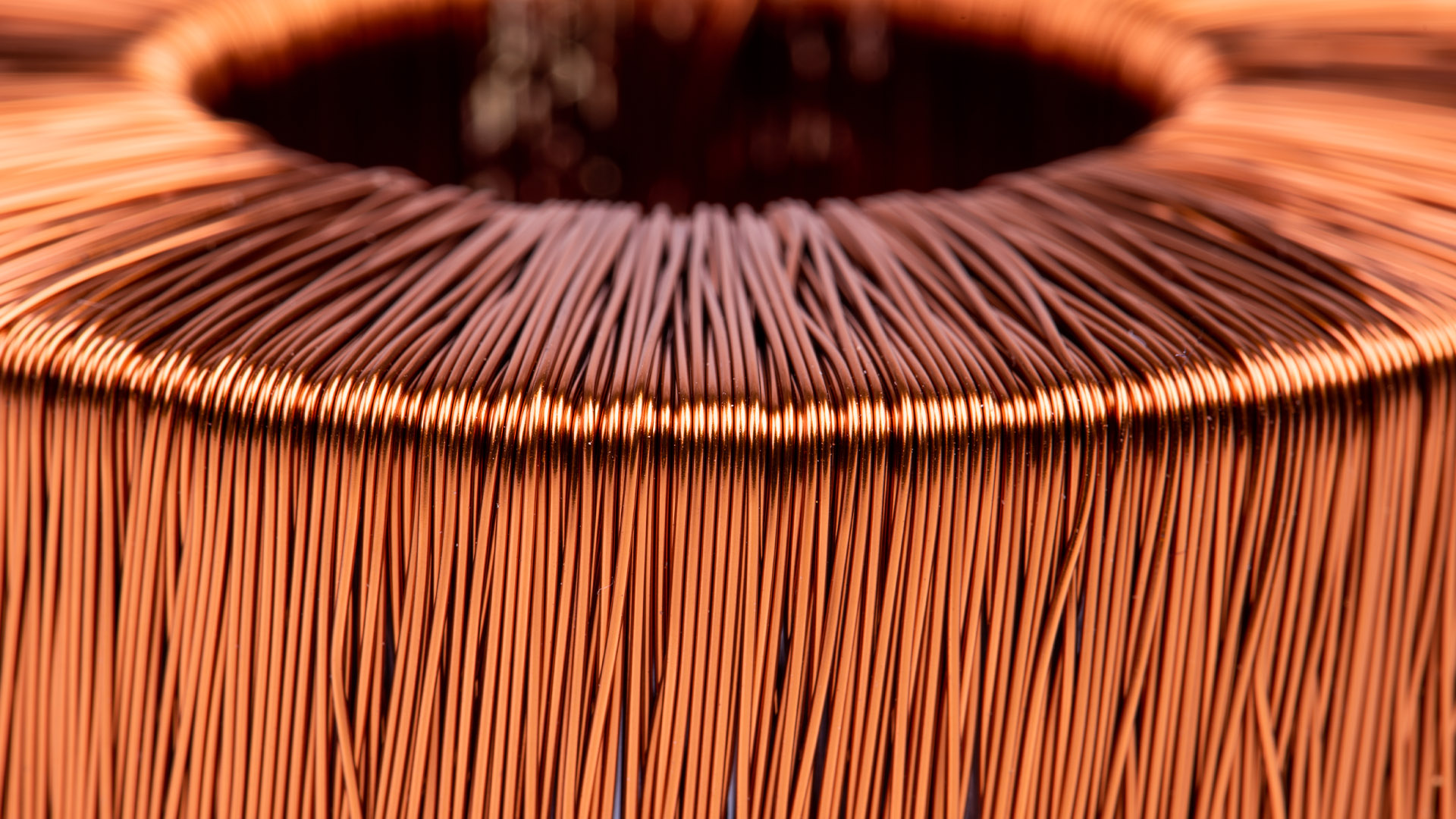
Is copper magnetic?
By Victoria Atkinson published
The reason for copper's unique properties comes down to the configuration of its electrons.

Why does poop smell bad?
By Donavyn Coffey published
And for medical purposes, how stinky is too stinky?
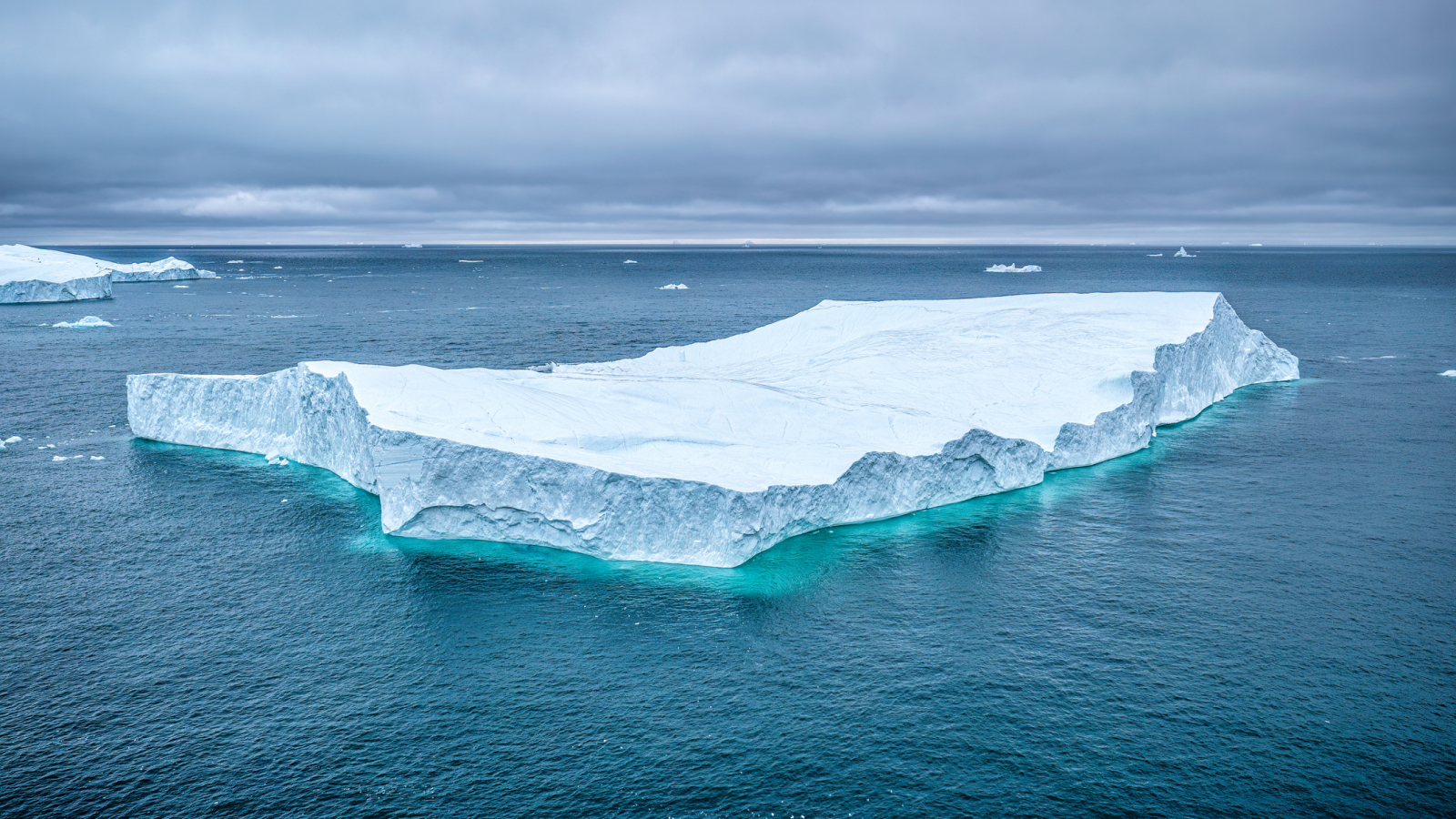
Why does ice float?
By Hannah Loss published
Why does ice float in water, instead of sinking to the bottom? It has to do with water's density and molecular structure.
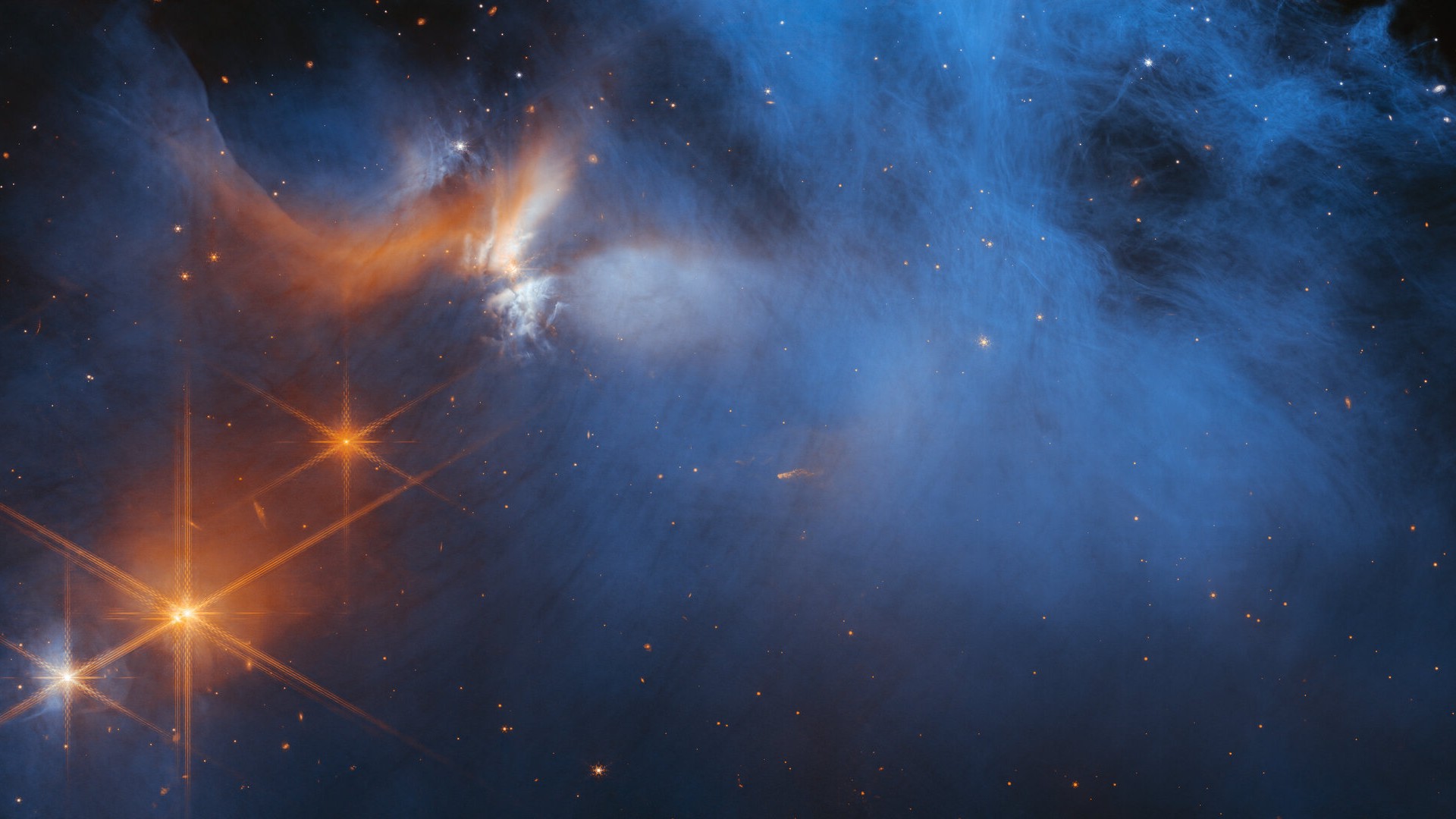
Building blocks of life may have formed on dust in the cold vacuum of space
By Paul Sutter published
Far from any galaxy, icy grains of dust in deep space may be able to form organic molecules, a new preprint study finds.
Sign up for the Live Science daily newsletter now
Get the world’s most fascinating discoveries delivered straight to your inbox.
